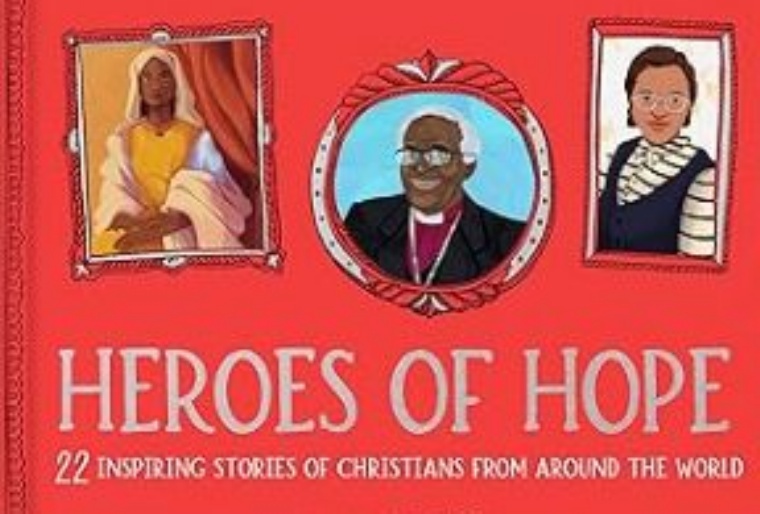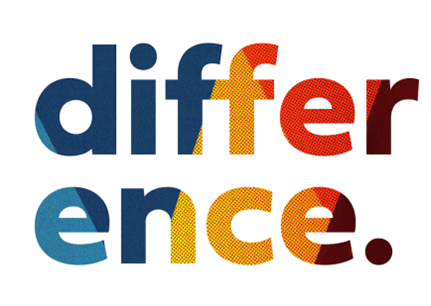Bulletin from Canon Paul Thompson

30 Love the Lord your God with all your heart and with all your soul and with all your mind and with all your strength.’[a] 31 The second is this: ‘Love your neighbour as yourself.’[b] There is no commandment greater than these.” Mark 12: 30-31
I hope you had a restful break over the October half term and feel excited about the half term ahead.
In this bulletin, I would like to focus on inclusion and belonging. To support schools to cultivate a culture of belonging, the DBE team hosted a conference for church school leaders just before half term.
It was great to see colleagues at the event, valuing the space and time to hear from experts in the field and engaging in practical activities to help us get a deeper understanding of ‘belonging’. As we spent the day together, I noted the strong community feel in the room. We talked to one another, we enjoyed lunch together and we worshipped together (thanks to the amazing leadership of pupils from Scunthorpe Church of England Primary School). The event in itself was one where I thought we all ‘belonged’ as a member of church school family.
If you were not able to make the event this time, we prayed for you and your school communities and look forward to seeing you again soon.
I do not have the space in this bulletin to capture all the amazing content of the conference. For me, there were a few ‘stand out’ phrases, images, resources and activities that really provoked my thinking about developing a culture of ‘belonging’.
For example, Lois Delong from Alive Church rooted her messages about belonging firmly to the Bible and the life of Jesus. She gave us a very helpful four-point guide for cultivating a culture of belonging.
- Start with us – ‘Love your neighbour as yourself’
- Be intentional – be open to review and challenge.
- Be bold and courageous – have difficult conversations from a place of love as modelled by Jesus
- Stick with it for the long haul – don’t let inclusion slide down the list of priorities.
We were inspired by the children of Scunthorpe Church of England Primary School – which is accredited as a School of Sanctuary. The children represented a very rich and diverse community and together led an extremely powerful and moving act of worship with reference to the Parable of Lost Sheep to exemplify the importance of inclusion and belonging. Their singing, reading and acting were amazing! Thank you to the children and staff for leading worship.
As school leaders, it is of course important to consider how inclusion will be evaluated in an inspection. Hazel Henson (HMI) provided us with a clear overview of how inclusion will be inspected as a discrete aspect as well as through all other aspects of school life. She used a phrase which is worth paying attention to and that is ‘If you get it right for vulnerable children, you’ll get it right for everyone’.
 After lunch, Rita and Lorraine from the National Society launched the fabulous free suite of resources for schools called ‘Difference for Primary Schools’. We all needed waking up after lunch and so we actively explore contentious issues such as ‘is it right to have pineapple on a pizza’. This created a healthy debate and helped us to develop three habits, ‘Be curious, Be present and Re-imagine’ – qualities we need to explore more serious issues in our communities to build a culture of courage, hope and empathy.
After lunch, Rita and Lorraine from the National Society launched the fabulous free suite of resources for schools called ‘Difference for Primary Schools’. We all needed waking up after lunch and so we actively explore contentious issues such as ‘is it right to have pineapple on a pizza’. This created a healthy debate and helped us to develop three habits, ‘Be curious, Be present and Re-imagine’ – qualities we need to explore more serious issues in our communities to build a culture of courage, hope and empathy.
The DBE strongly promotes the Difference programme for all schools. It is a flexible programme that can be used in Collective Worship, PSHE and across the curriculum. For more details and to sign up for a free training session, there is a flyer attached with more information. A promotional video for the programme can be found via this link: https://youtu.be/-WnsgqrVuiI
The day ended with our final inspirational speaker, Shammi Rahman. She talked passionately about how we can come overcome barriers to building a sense of belonging. She helped us developed a deeper understanding of inclusion. She displayed a very useful image to help us reflect on our current practice in school.

Thinking about the circles above, what does a culture of belonging look like in your context for vulnerable and minoritized groups? Consider how your vision, leadership, policies and practice will move your culture from exclusion to inclusion.
As church schools, we have a powerful Christian vision tailored to our context and community to help us cultivate a culture of belonging. Please don’t hesitate to contact the DBE team for further support and advice.
I wish you a happy and successful term through to Christmas.
Best wishes -

